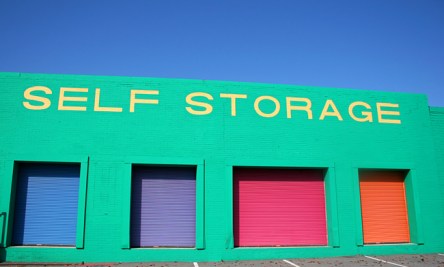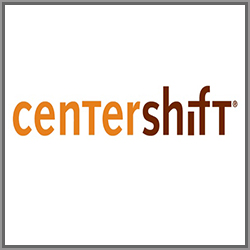When considering some of the nation’s most profitable industries, what do you think of? The NFL? Entertainment? Self-storage? Surprisingly to most, self-storage outperforms a number of glossier industries. “The self-storage sector is sneaky big,” says Michael Scanlon, president and CEO of the Self Storage Association. “In 2013, all 30 teams in the NFL generated $9 billion in total revenue, while the music industry generated about $21 billion, and self-storage generated $24 billion.” The sneaky big industry has the attention of major investors. During the recession, several sectors of commercial and residential real estate suffered. Other than a minor sigh, the self-storage market held its own. Investors began to pump support into self-storage, reaping promising rewards. “We’re seeing double-digit increases in revenue and occupancy across the country, and developers are hitting near 100 percent occupancy in less than two years after opening where it used to take three years,” reports Adam Schlosser, associate director of the Marcus & Millichap national self-storage group. “The REITs in particular are flowing massive amounts of capital into self-storage. They’re well-capitalized and with new technology can afford aggressive purchase numbers. They know they can increase their revenue stream with acquisitions. We’ve seen more large deals in the past two years than in the past 10 years.” What’s so sexy about self-storage? Absolutely nothing. It’s a practical business that just so happened to benefit from the recession: former homeowners and business owners sought storage for their goods until things looked up again; Millennials who moved back in with their parents needed a place to store their pool tables and ultra-modern, ultra-uncomfortable furniture; as vacations became shorter and more budget-friendly, the family jet skis and boats needed a safe place to rest. Self-storage awaited those in need with open arms. Reports suggest...
Centershift
Storage Solutions
Like multifamily real estate, the storage industry has made a strong post-recession recovery. The renting of convenient space for storing extra personal possessions attracts both mom-and-pop proprietors and the investment dollars of large, publicly-traded REITs. Centershift, a Salt Lake City, Utah based company, created a scalable, flexible management system for storage 15 years ago. Recently acquired by Yardi, Centershift’s two product offerings are powerful, cloud-based solutions for running and reporting on storage properties. The company was an early developer of an effective revenue management system for the industry, and truly understands this unique property niche. Recently, we spoke with James Hafen (pictured, right), Centershift’s CEO prior to the acquisition. He’s now a general manager and industry principal, self storage, for Yardi Systems. Read on for his insight on the storage industry, Centershift’s products, and what the acquisition means for the company’s exciting future. Tell us about the originations and history of Centershift? Hafen: Centershift grew into a standalone company after developing a management application for the use of Extra Space Storage, which is now the second largest company in the storage industry. Around 1999, Extra Space was focused on substantially growing their business and struggling with technology, which was underserving the industry. We looked around, trying to find software solutions that would work, and there was just nothing that would fit. We needed something that was cloud based, would allow for centralized data management, and solve a lot of the problems that Extra Space was having. We built the first version of the Centershift product in 1999 and rolled it out in 2000 as an internal IT project. We had enough success that we saw the value in this as a commercial opportunity. We continued to develop the product while we came up with...
Centershift Acquisition...
Self-storage technology leader
Yardi® announced today that it has acquired Centershift®, an innovative technology leader focused on the self-storage industry. The Centershift Store™ platform is the first fully cloud-based management system designed specifically for self-storage businesses. Understanding the benefits of a centralized data system, the industry’s largest and most powerful operators have adopted Store as the hub of their storage operations. “We are extremely pleased to be joining the Yardi team,” said James Hafen, president and CEO for Centershift. “We have long recognized that the self-storage industry was under-served when it came to technology. The breadth of services that Yardi brings to the table surpasses everything self-storage operators have come to expect from the technology available to them today. Joining Yardi introduces new possibilities to this increasingly sophisticated market, and that is an exciting prospect for all of us.” Hafen further commented, in a letter to his customers: “While we will continue to support our current software applications for as long as our clients want them, we will also begin working with Yardi to develop a self-storage management suite of products within the Yardi Voyager framework. The Yardi Voyager real estate management application services thousands of customers worldwide and offers a breadth of functionality far beyond what is found in the self-storage industry today. Yardi brings a game-changing platform that will accelerate our ability to achieve our overall goals for Centershift customers and the industry as a whole. The combination of Yardi’s immense resources and Centershift’s self-storage industry expertise will allow us to provide amazing benefits for our customers.” Gordon Morrell, executive vice president and chief operating officer for Yardi, added, “We are delighted to welcome the Centershift team and to get to work leveraging our respective strengths to benefit the self-storage market.” The Centershift team will...


